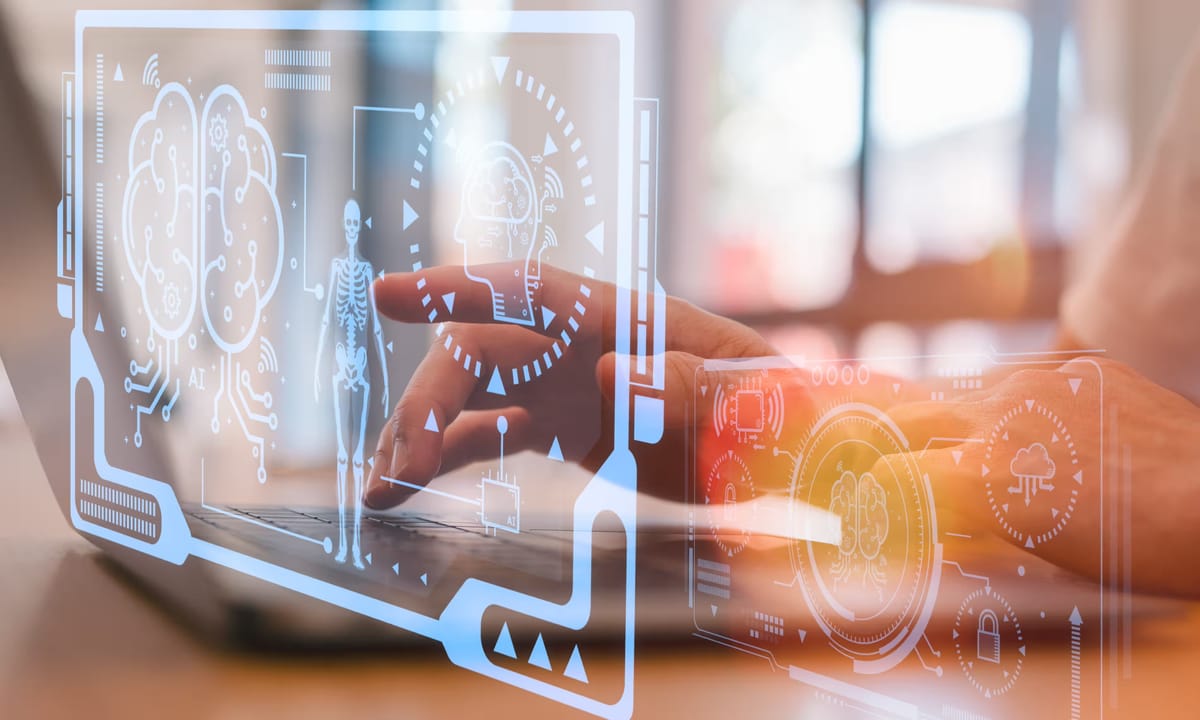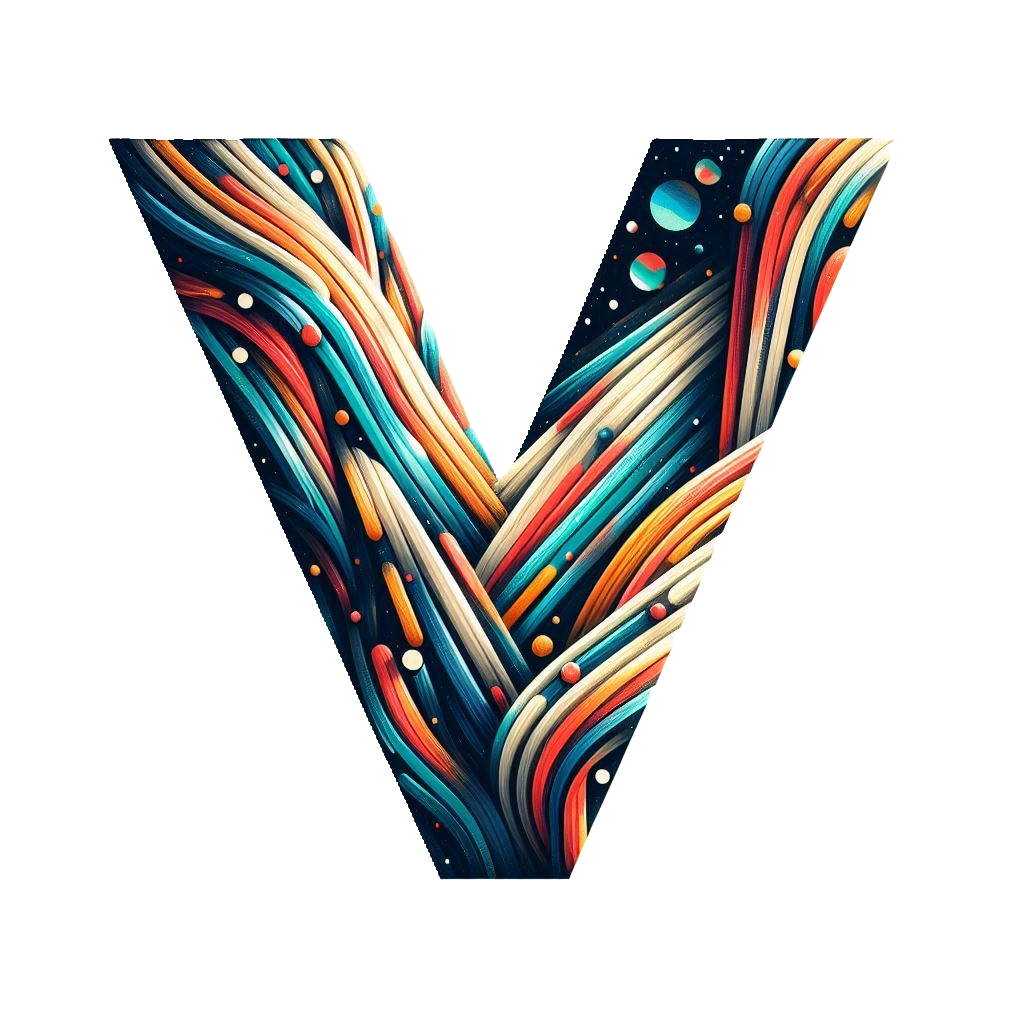Can AI Outperform Doctors in Diagnosis? Future Implications for the Medical Profession

AI and Medical Diagnostics: Implications for Healthcare Professionals
Source: The Guardian
Introduction to AI's Role in Medicine
- Artificial intelligence (AI) technologies are increasingly utilized in healthcare for diagnostic purposes.
- Recent studies suggest that AI, specifically ChatGPT, may outperform some medical professionals in diagnostic accuracy.
Key Findings from the Clinical Trial
- A US clinical trial assessed the diagnostic capabilities of 50 physicians using ChatGPT.
- Results indicated that while the use of AI didn't significantly enhance clinical reasoning, ChatGPT alone yielded better diagnostic outcomes than the physicians.
- Many doctors showed a reluctance to reconsider their initial diagnoses, even when presented with superior suggestions from AI.
Understanding AI in the Healthcare Ecosystem
- A categorization of AI highlights three types: gods, interns, and cogs.
- Gods: Super-intelligent entities acting autonomously.
- Interns: AI assistants like ChatGPT, acting as supervised co-pilots to aid professionals.
- Cogs: Basic machines optimized for specific tasks.
The Dynamics of Human-AI Collaboration
- A study at MIT showed that AI can significantly enhance research productivity.
- Researchers saw a 44% increase in material discoveries when collaborating with AI, yet this partnership also led to decreased job satisfaction.
- This highlights a paradox where AI assistance can enhance productivity but may render professionals feeling less valuable, akin to 'cogs' in a machine.
Conclusion: The Future of Medical Professions
- The implications of AI excelling in diagnostics raise essential questions regarding the future roles of medical professionals.
- Emphasis is needed on training healthcare workers to effectively utilize AI tools, ensuring optimal collaboration rather than replacement.




